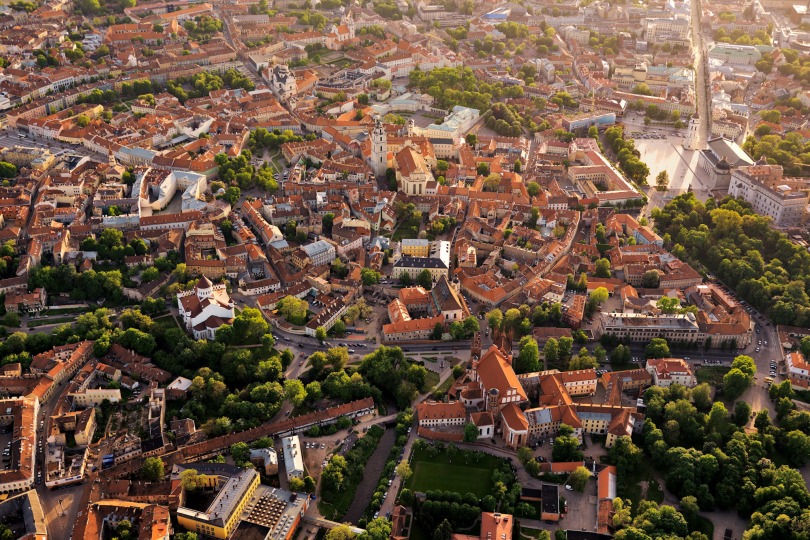Creative Teams
On June 24-26, Vilnius Gediminas Technical University hosted the conference ‘Creative Industries and Sustainable Development: Bridging Theory and Practice’ in Vilnius, Lithuania. The main focus of the conference’s papers and discussions was the end of the year-long KAVA project ‘A Complex Research on the Impact of Environmental Factors on a Creator,’ in which more than 10 international universities, including HSE St. Petersburg, took part.

The study centred on creative teams that work in a wide range of creative directions, most importantly in the movie industry. A detailed study of the makeup of teams, as well as the features of the creative process and team management, allowed for interesting conclusions to be made on the role of the leader in creative projects, participant motivation, and the realization of individual and team creative potential. The research was comparative in nature, and its empirical portion saw participation from HSE students and staff. Seniors in the Department of Management, for example, collected and analysed data for the project.
Thank you for participating in the project, and congratulations on successfully defending your theses!
Project participants: Tatiana Mikhoparkina, ‘Researching the Creative Potential of Project Teams Using Network Data Analysis Methods’; Evgenia Alexandrova, ‘Developing Leadership Concepts When Forming Creative Teams’.
In addition, the conference touched upon a broader aspect of how creative industries develop in a regional context. A lot of interest was drawn by papers by Chinese researchers on the experience of Shanghai and Beijing, while our Russian colleagues shared their experience with creating and developing creative clusters in Moscow and St. Petersburg (Anna Manyuk, the Flacon creative cluster in Moscow, and Dmitry Milkov, the Tkachi creative space in St. Petersburg). The experts continued discussing this topic during a workshop on the idea of creating a new creative cluster in Vilnius.
A separate section of the conference was devoted to issues surrounding the development of entrepreneurship within the creative industries. Marina Matetskaya presented the results of a study carried out by researchers with the Laboratory of Cultural Economics, M. Matetskaya, A. Saschenko, E. Zakrevskaya, and also bachelor’s students and students from the Experience Economy Master’s Programme. Several projects yielded particularly interesting results, including a study to carry out market research on educational programmes for people who have decided to develop business projects in a creative industry, as well as a case study on real entrepreneurs who are opening up their own business and learning about entrepreneurship from experience, using a learning-by-doing technological approach. The research results will soon culminate in a publication.
As we continue to work closely with our colleagues on the development of creative industries, we are constantly reminded of the similarity of the problems ahead and the value of commonly developed solutions. We would like to invite bachelor’s and master’s students to join in on our research!
Prepared by Marina Matetskaya

